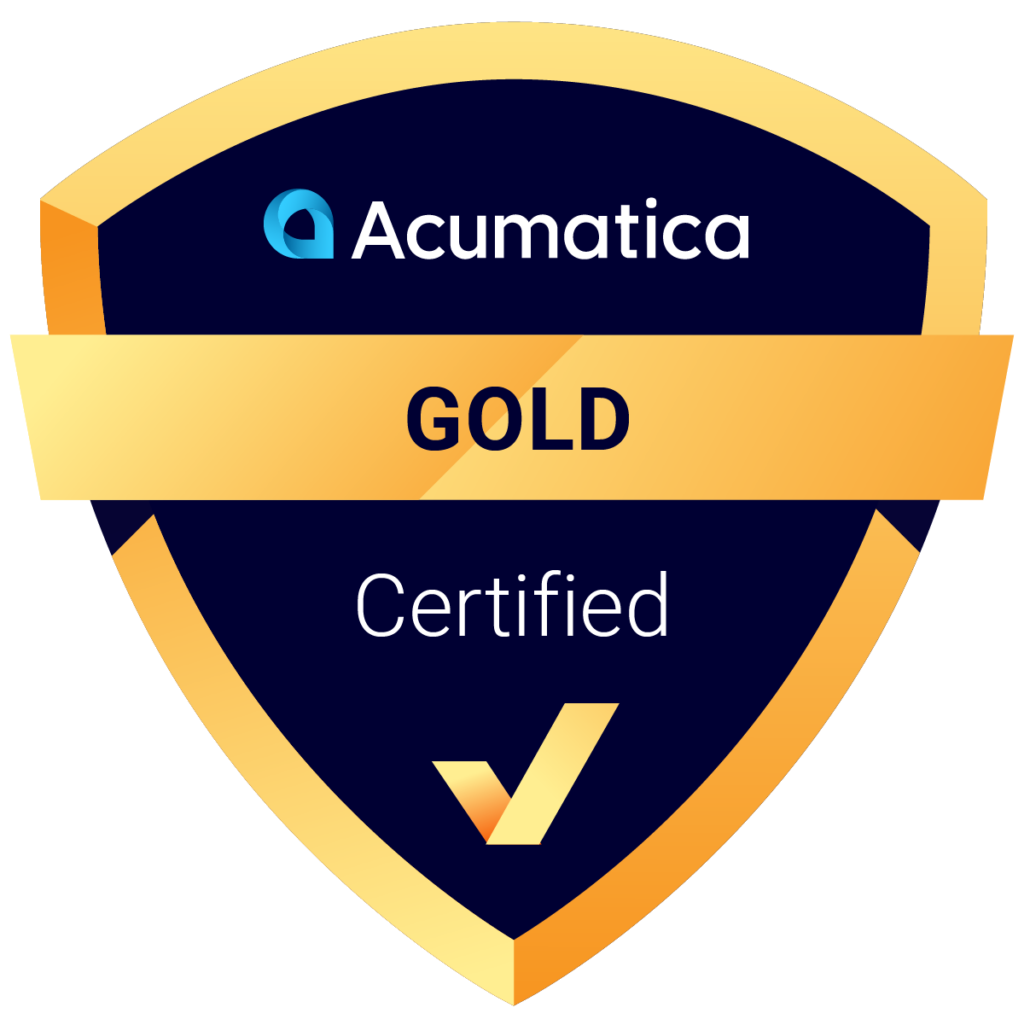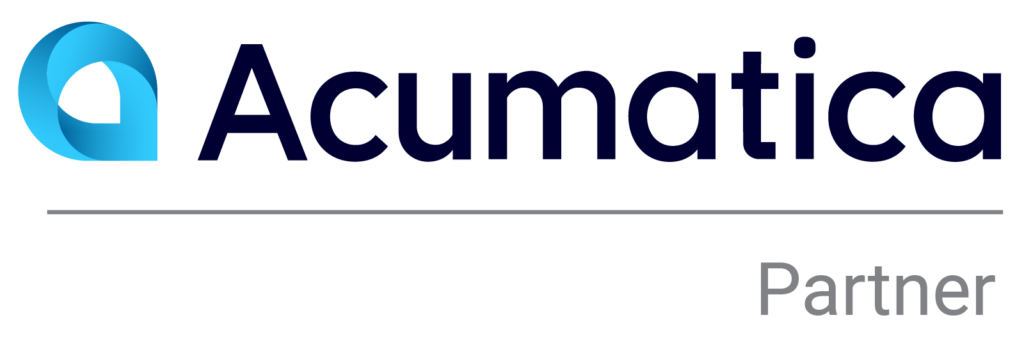At Caron Business Solutions, we do what we do because it is vitally important to the success of our clients. We provide our products and services because they help our clients to succeed in their plans, achieve their goals and realize their dreams. This is Our Why, our reason for being.
What we do is sell, implement and support business management software. Our challenge is in determining how we do our work to best support Our Why.
For us to do our job well, we require good internal processes, solid business practices and, most importantly a great team of consultants. Our consultants must be well trained in the software that we implement and knowledgeable of technical issues, business process, and accounting issues.
This document addresses what we do at Caron to prepare our consultants to excel at their jobs.
Technical and Implementation Consultants
At Caron, we recognize that there are two types of consultants required to do what we do. Any company that implements software must have strong technical knowledge so the software is installed correctly, security measures adhered to and technical issues resolved quickly. At Caron, that’s the job of our Technical Consultants.
We also realize that, ultimately, the implementation of the software we support often involves the clients’ accounting department. Therefore our Implementation Consultants must have expert level knowledge of the software we implement. They must also have formal training in accounting. To advance at Caron as an Implementation Consultant, you require a professional accounting designation.
Caron as a Learning Organization
In the paragraph above I mentioned a requirement for expert level knowledge of the software we implement. I want to explore what that means at Caron.
In this industry, it’s hard to know what specific knowledge we should have the multitude of products that we may end up implementing for our clients. When I started this business over 18 years ago, the general level of software knowledge in the general business public was much lower. It was not uncommon for clients to expect that we knew every finite detail of every program they were planning to use in their businesses. Today, most businesses have a good understanding of technical issues, most users are used to advanced technology, and most clients understand that it is not physically possible for our consultants to know everything.
However, clients still have a reasonable expectation that accounting software consultants should be experts. It’s understandable that clients want to know that consultants will not be learning at their expense. The challenge for us is to define “expert level knowledge” and to provide support to our consultants to enable them to achieve that level of education. Ultimately what this means is that Caron Business Solutions must be a learning organization.
So there’s another term that we need to define. What does it mean to be a learning organization? The term is used loosely and often. Although there are many suggestions in business literature, there is no set, final definition of what a learning organization is. At Caron, we’ve come up with our definition which includes the following components:
- Recognition of the required breadth of knowledge
- Knowledge ownership
- Knowledge sharing
Required Breadth of Knowledge
We know that no single consultant can be an expert on all the software we support or might be asked to support. On the other hand, we recognize that there is are several programs that we consider core – essential to our work and implemented by most of our clients. In our case, we believe all of the modules of Sage accounting software as the core. This includes the Financial Suite and the Operational Suite of Sage 300. For the core modules, every consultant must have in-depth knowledge and must be able to pass certification exams.
For most of our clients, there are business requirements beyond the core accounting functionality provided by Sage. These requirements are met by adding one or more third-party programs to the mix. For example, while Sage 300 provides basic functionality for user security and management, TaiRox SOX User Management is a third party program that is often added when clients need more functionality in this area.
When we deal with third party software, we assign learning responsibilities to our consultants on two levels – Key Knowledge and Support Knowledge. A Key Knowledge consultant must understand the software as an expert – how it works in detail and, most importantly, what it does and does not do. A Key Knowledge consultant must “own” the knowledge of that product. A consultant assigned Support Knowledge for that product must have basic knowledge of the software – enough to help clients who are using the software. This is important because the Key Knowledge consultant may not always be available and, for our more popular third party programs, we may ask a Support Knowledge consultant to increase their knowledge so we can offer more than one Key Knowledge consultant for that product.
Knowledge Ownership
In the last paragraph, I mentioned the requirement for Key Knowledge consultants to own the knowledge of their product. What does this mean in practical terms? The consultant will:
- Handle the implementation of their products for most projects
- Keep up with new versions of their products by attending vendor webinars and training
- Lead knowledge sharing sessions for our clients and other Caron consultants
Knowledge Sharing
The last point brings me to the final component of Caron as a learning organization – knowledge sharing. Because we deal with somewhat complex software, we have a risk of knowledge being held too tightly by a single consultant. If only one person knows how to implement a third party program and that person is on vacation or ill, our service levels can be negatively affected. We counter for this risk by having Support Knowledge consultants for products and by other ways that we share knowledge with our clients and with other consultants at Caron. We do this in three ways:
- Wednesdays with William. Once a month, our Trainer William Wingson hosts Wednesday morning webinars for our clients. During these webinars, he covers off certain aspects of the software that we support. These webinars are recorded for review later by clients or Caron consultants.
- Weekly project meetings. Our services team meets every Friday morning to review our active projects. During these sessions, we ask consultants to share what they know about certain products.
- Conversations and huddles. At Caron, we stress the importance of professionalism and team work. Several times throughout the week our consultants get together to work through the particulars of a software product, the optimal ways to implement the program – often citing specific projects as examples.
There you have it. These are the steps we take at Caron to support Our Why. We work hard to stay as a learning organization, and we think our plan provides ways to obtain vital knowledge, to share that knowledge within Caron and, most importantly, to share that knowledge with our clients.




